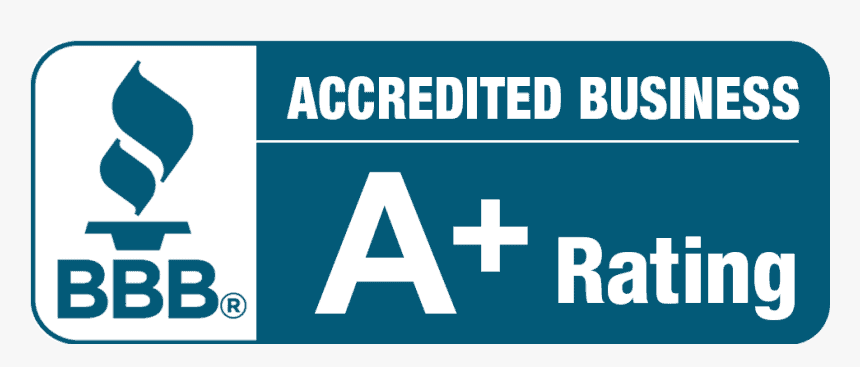Archives

Safe Waters for All: How to Prevent Recreational Boating Accidents
Statistics show that recreational boating accidents have decreased for the last 20 years. There were 4168 boating accidents logged by the U.S. Coast Guard in 2019. That included 2559 injuries and 613 boating fatalities. In the year 2000, there were 7740 boating accidents and 701 boating fatalities. So while accidents have decreased, boating fatalities are…
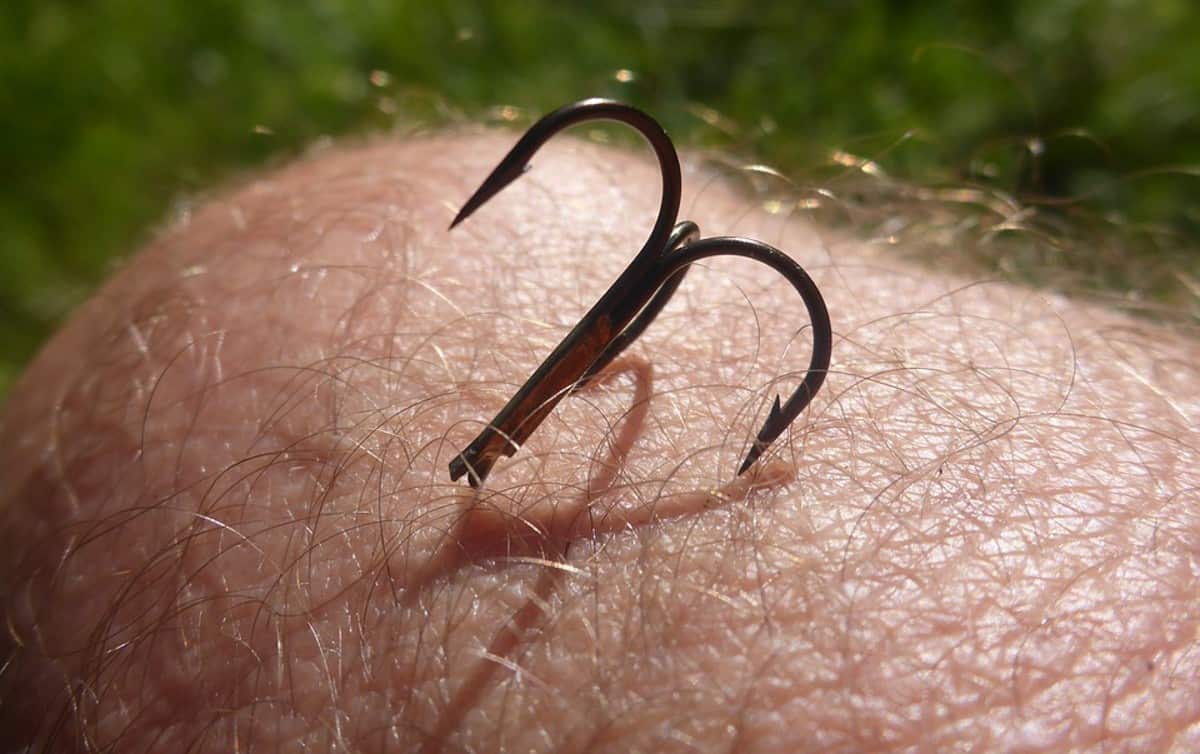
How to Remove a Fish Hook
If you’ve never been snagged by your own hook, congratulations. You have achieved a rare feat. Unfortunately, most of the rest of us are not so lucky. At some point in time, nearly every finds a hook stuck in a finger, an arm, a leg, or somewhere worse. They go in pretty easily, but getting…

Tilt and Trim: What’s the difference?
If you’re new to boating you may have heard the terms trim and tilt in relation to how your boat’s motor operates. Oftentimes tilt and trim are referred to in odd ways. It might make you think they are actual components on your outboard motor that need to be maintained. That means things like…
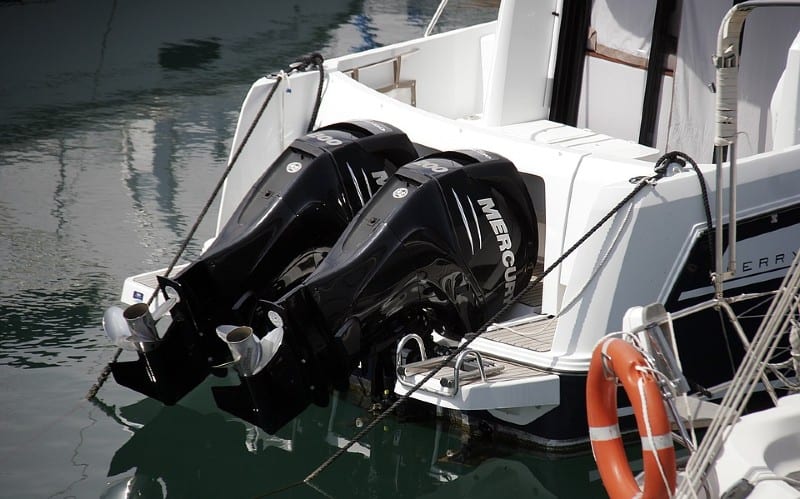
Understanding the Danger of Propeller Strikes
Often when discussing boat safety one aspect is overlooked. Boat propeller safety is something any boater needs to be aware of. 18% of boating fatalities are caused by propeller accidents. For that reason, understanding what a propeller is and how it works is important. Because of hydrodynamic forces, a person in the water come in…
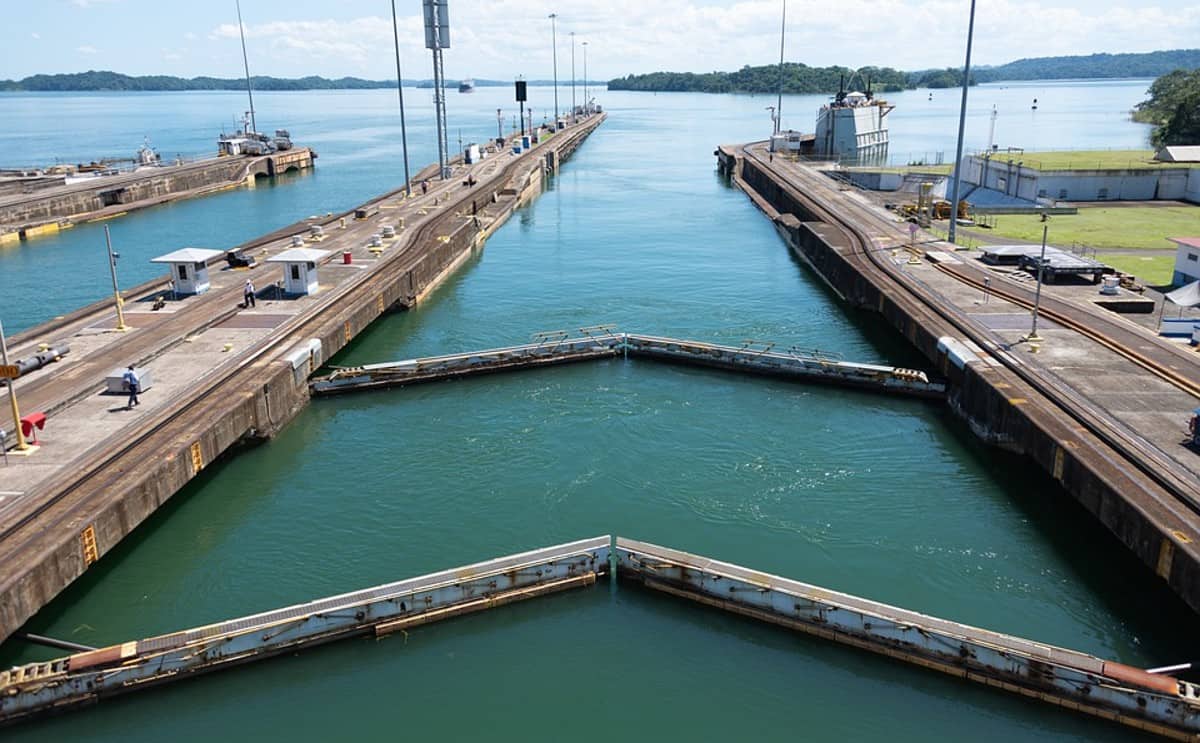
What Are Canal Locks And How Do They Work?
If you’re an avid boater who likes to sail far and wide, channel locks are something you’re bound to encounter. If you stay in your own little lake or just off the coast you may never come across one of these interesting features. But if and when you do stumble upon one, you definitely need…
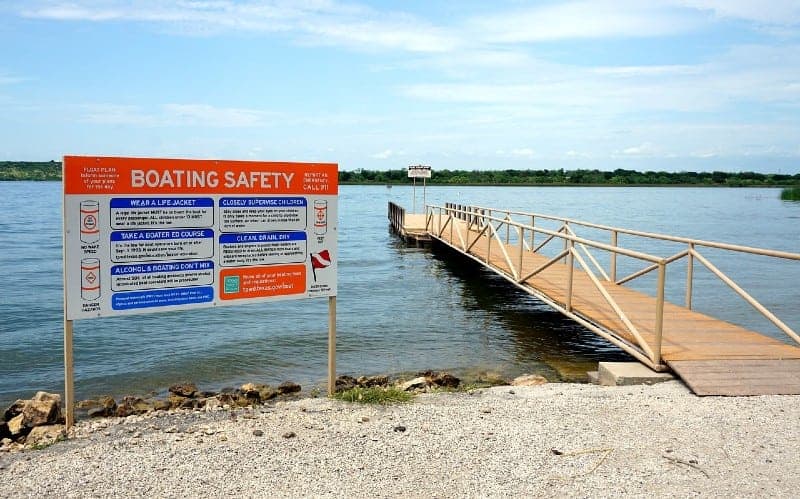
Why You Need a Float Plan
All boaters should create a float plan. You should draw one up before every trip out on the water. This is what’s going to stay behind with a family member or friends in case of an emergency. A float plan details all the important information that anyone is going to need to know, including: What…
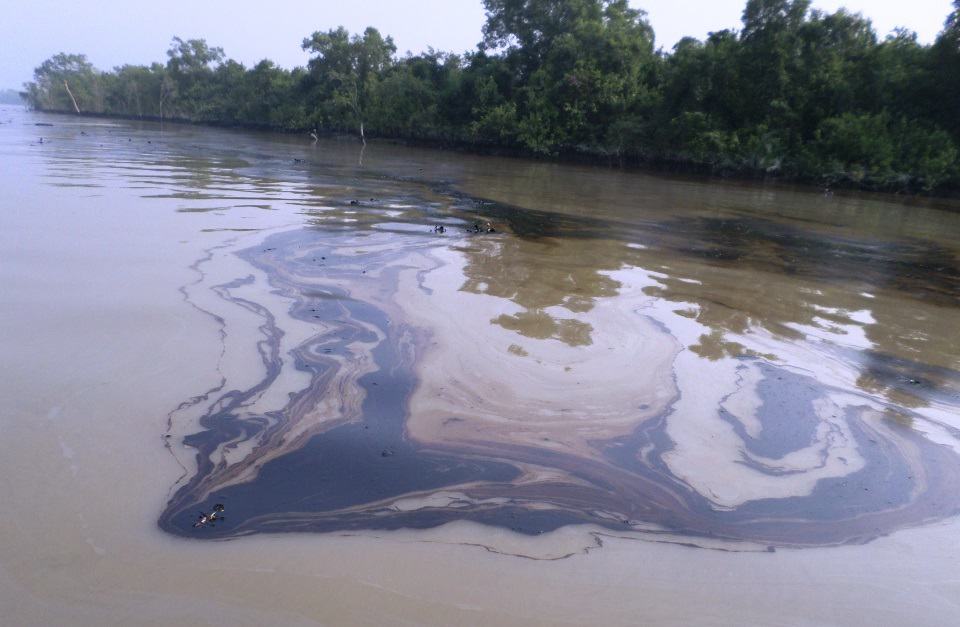
Clean Boating – How to do Your Part
Clean boating is the responsibility of every boater. Spills of oil and gasoline can happen by accident, but how you deal with them is your responsibility. Understanding the principles of clean boating can ensure safe and healthy water ways for us all. The Environmental Toll of Petroleum in the Water Petroleum in the water is…
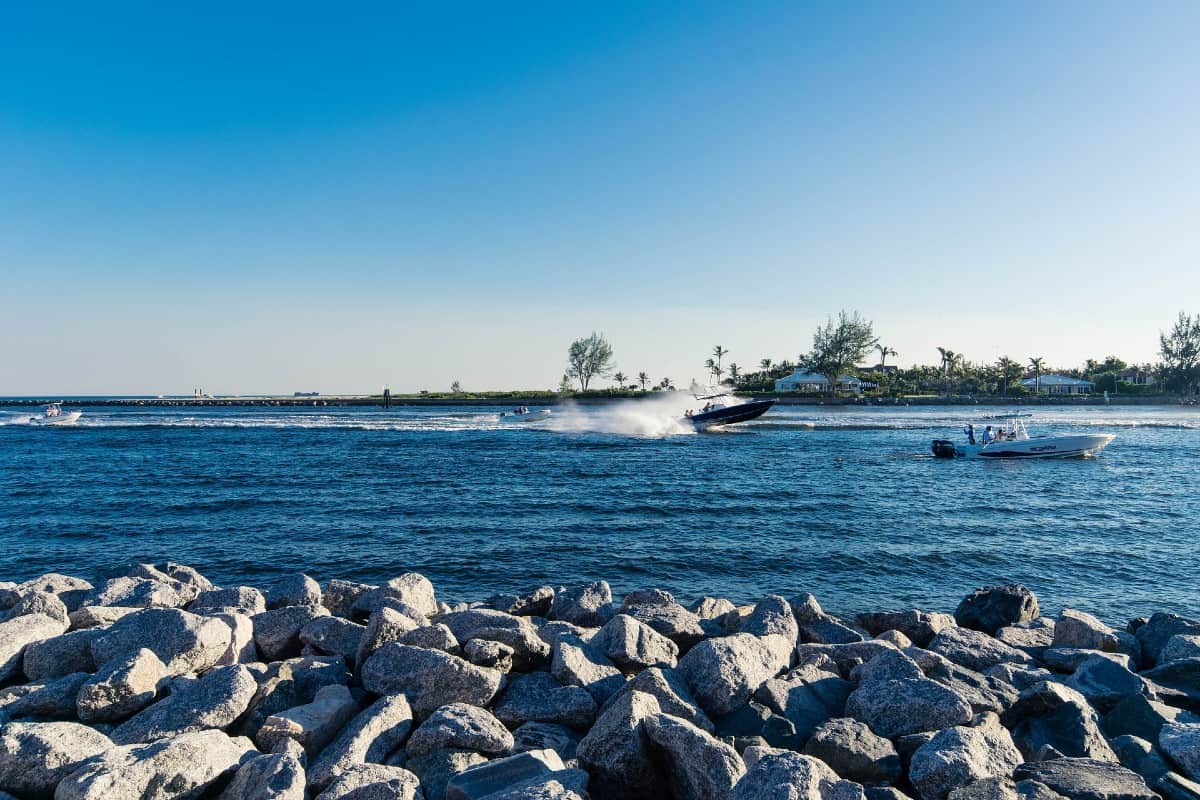
Navigating Inlets: A Practical Guide For Any Boater
Navigating inlets cannot be mastered by reading a single article. All inlets are different, and circumstances such as weather, your vessel and the presence of other boaters can alter how you navigate. Therefore you’ll need to understand the best practices for navigating any particular inlet and combine those with common sense at the moment. What…

PWC Fire Extinguishers: What You Need to Know
What’s the last thing you expect to experience when you head out on the water in a jet ski? Fire. Boating and fire have a long and dangerous history. Fires do not occur often on personal watercraft, but they do happen. As temperatures get hotter, the potential becomes higher. Operating on hot days, engines can…
How big a boat can I handle by myself?
A question that I get almost monthly deals with how large a boat can one handle on their own. I thought that the answer might be of interest to those of you who are continually looking for some way to spoil an otherwise nice day. One version of the question and the answer follows. Capt…
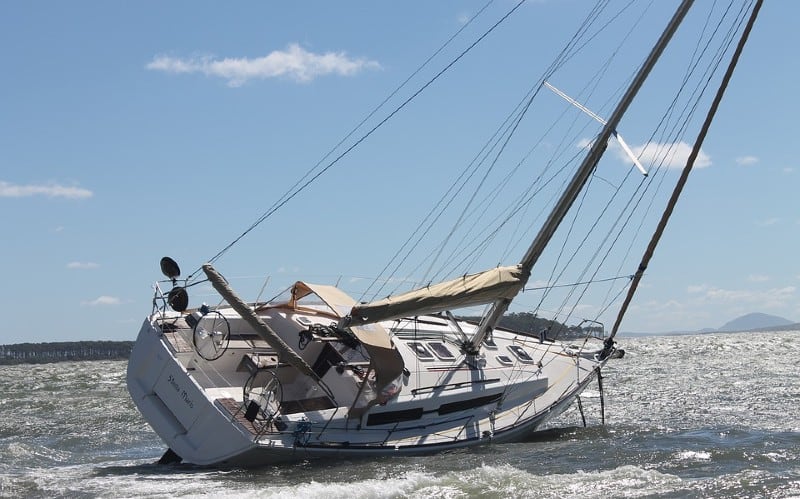
What Should You Do If Your Boat Runs Aground?
Running aground is a scary and serious accident for a boat. If your boat runs aground you need to keep calm and stick to a plan to keep yourself and your passengers saw, as well as to minimize risk and damage to the boat. What Should You do First if Your Boat Runs Aground Running…

Essentials of an Abandon Ship Bag
An Abandon Ship Bag (also called a “ditch bag”, “ditch kit”, “grab bag”, or “flee bag”) is common among most mariners. It has additional emergency supplies to take along in case they need to abandon ship. The question of what supplies to place in the bag provides plenty of stimulating discussion among sailors and boat…
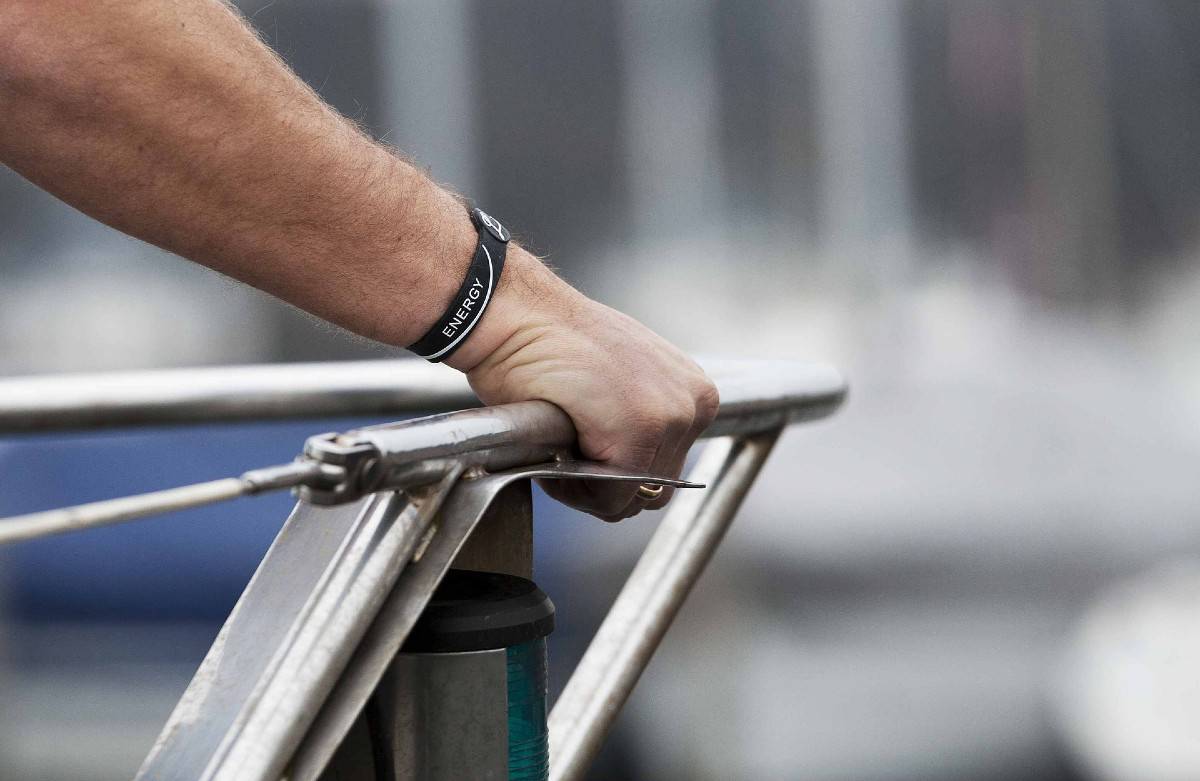
How to Prevent Seasickness
Seasickness can affect almost anyone. It’s a kind of motion sickness. You can get the same feeling driving in a car or flying on a plane. Seasickness is often worse, however, due to the unique motion of a boat. Some say you don’t need anything other than your sea legs to overcome it, but that’s…
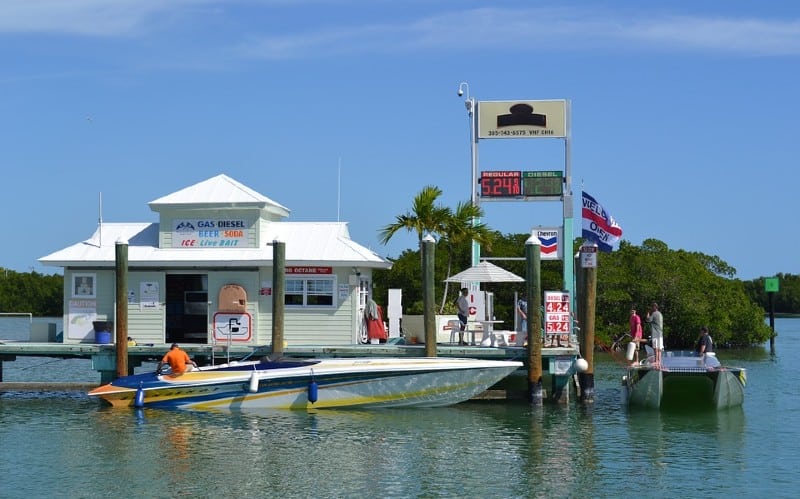
All About Fuel and Your Boat
Choosing the right boat fuel for your boat takes some effort. It’s not as simple as rolling up to the gas station and filling your tank. The environmental protection agency has certain requirements for boat fuel. This includes rules about hydrocarbon emissions. You need to know what kind of fuel your boat engine takes. That…
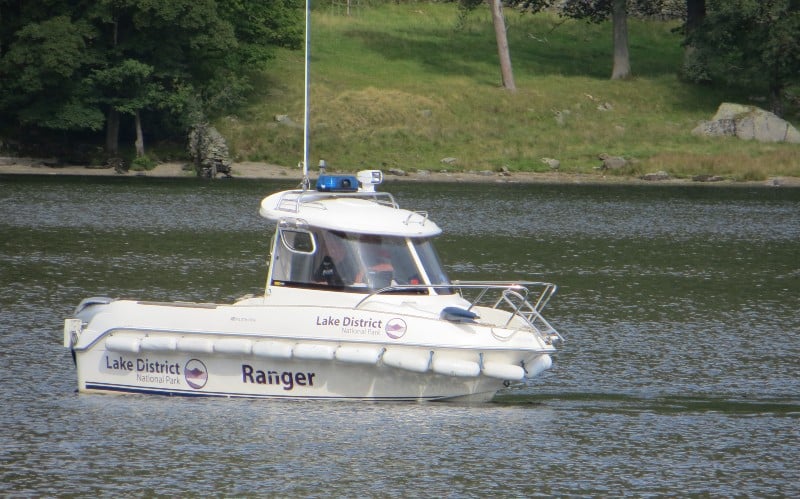
Your Detailed Guide to Keeping Station
“Keeping Station” refers to the difficult but important skill of maintaining your boat’s position on the water without being anchored or docked. What Is Keeping Station? “Keeping station” refers to holding a position in the water – not moving relative to the land – and here we’re talking about staying still without being secured to…
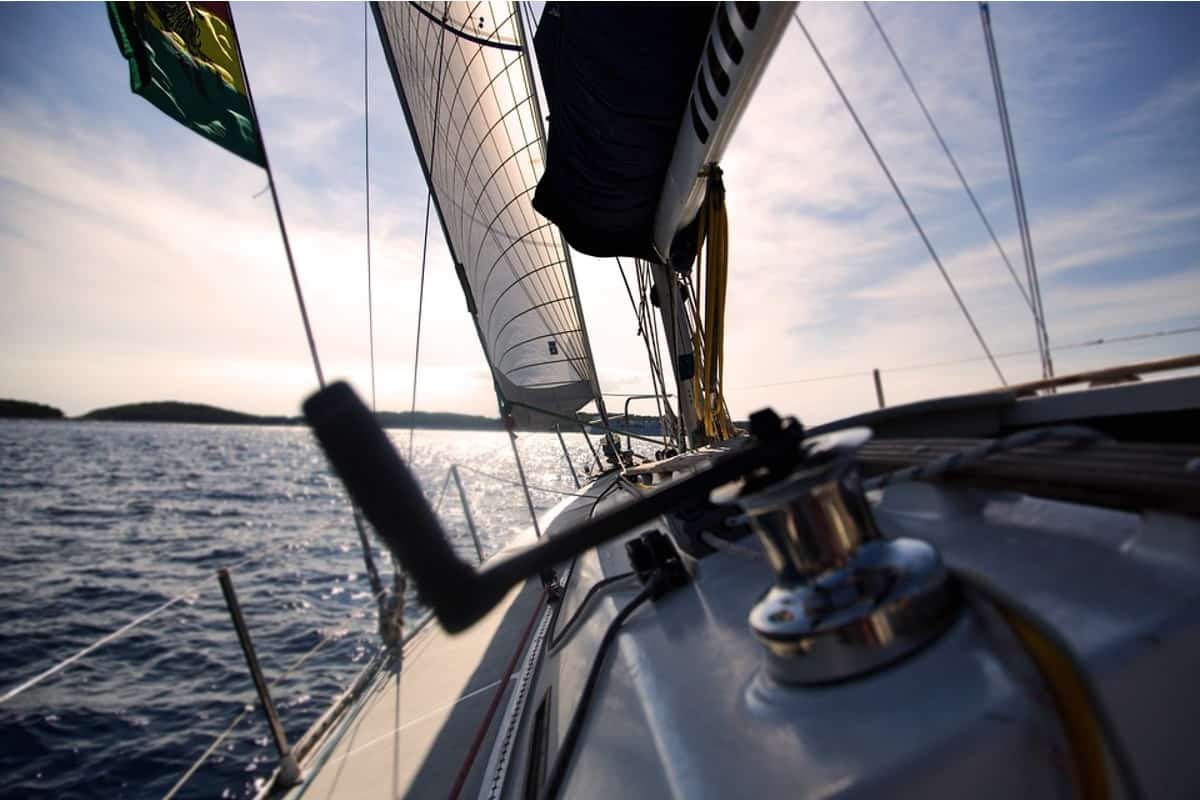
The Basics You Need to Know on Any Boat
As a friend of mine once said, the only thing better than owning a nice boat is having a good friend who owns one. None of the headaches, none of the problems, none of the responsibility but all the fun when asked out to enjoy the water. But what happens when your friend, the owner…
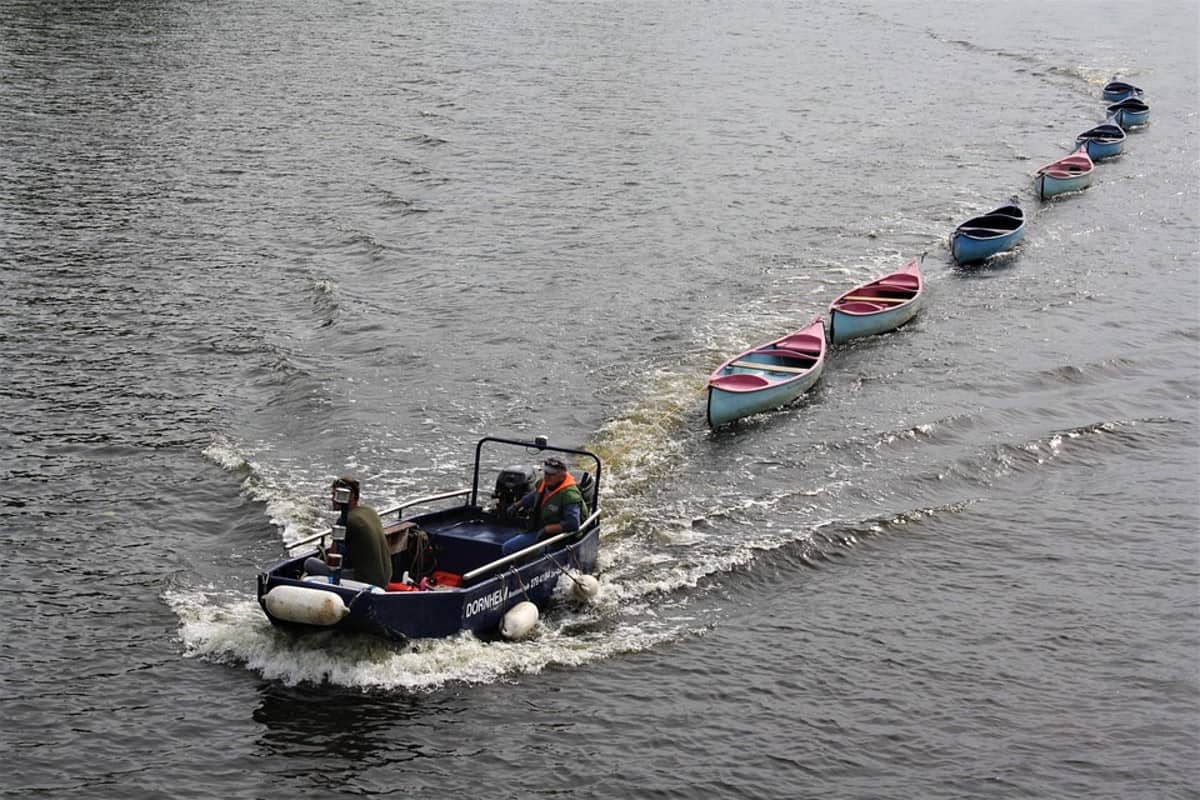
How to Use a Boat Tow Line
There’s no guarantee that you’re ever going to need to tow another boat in the water. But it may happen. And if you think you could just avoid it or wait for someone else to come along, consider if the shoe was on the other foot. If you were in a stranded boat, wouldn’t you…
DOCUMENTING YOUR BOAT — PROS AND CONS
WHICH VESSELS MUST BE DOCUMENTED? With a few exceptions, all vessels of 5 or more net tons which are used in coastwise trade, Great Lakes trade, or the fisheries, on the navigable waters of the U.S. or the Exclusive Economic Zone must be documented. A commercial vessel of 5 or more net tons engaged in…
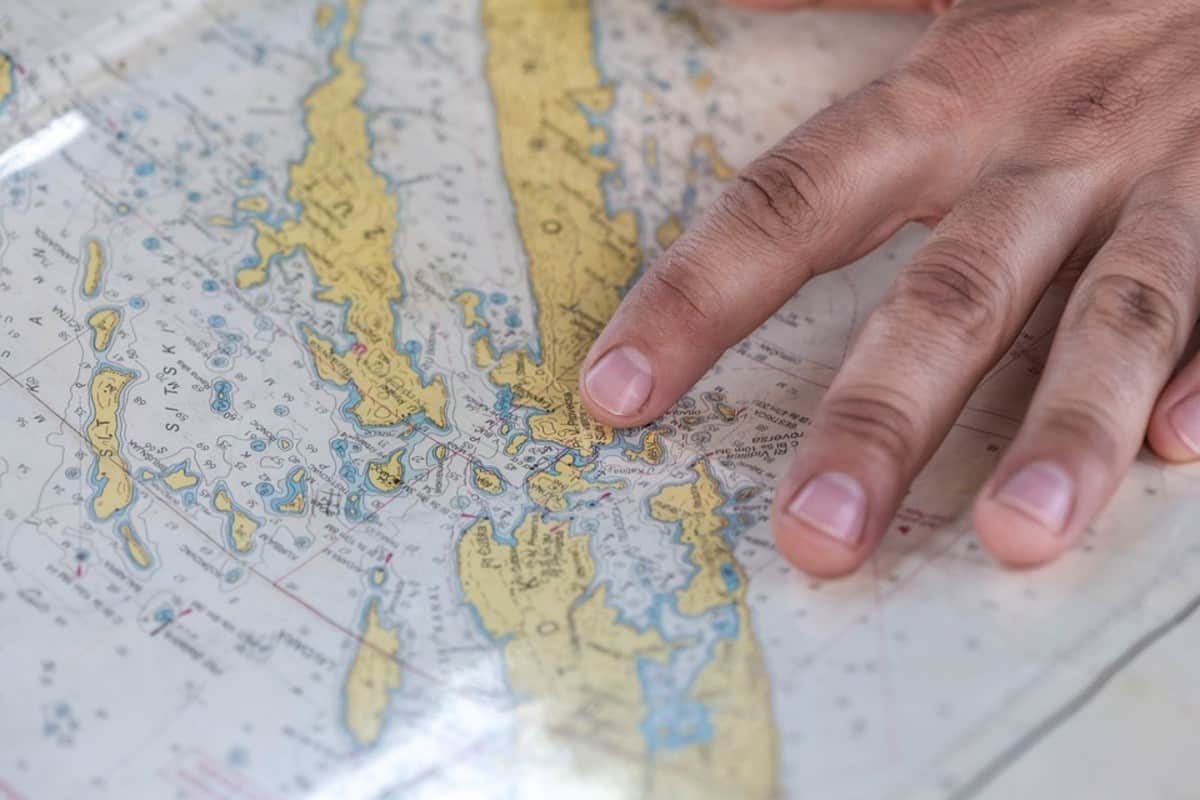
Everything You Need to Know About Nautical Charts
Every boater who’s serious about what they do needs to know how to read nautical charts. It’s a fundamental, like using a magnetic compass. The practice is becoming less and less common these days. Especially among recreational boaters. Most people who hit the water in their fishing boat or sailboat rely on electronic aids to…

Solo Sailing: Everything You Need to Know
If you’re serious about sailing then you likely have tried solo sailing. Heading out on the water by yourself, just you and the sea. It can be fun and exhilarating. It’s also a challenge and potentially dangerous. But is it even legal? Sailors like Yannick Lemonnier and Robin Knox Johnston would say it is. They’ve…
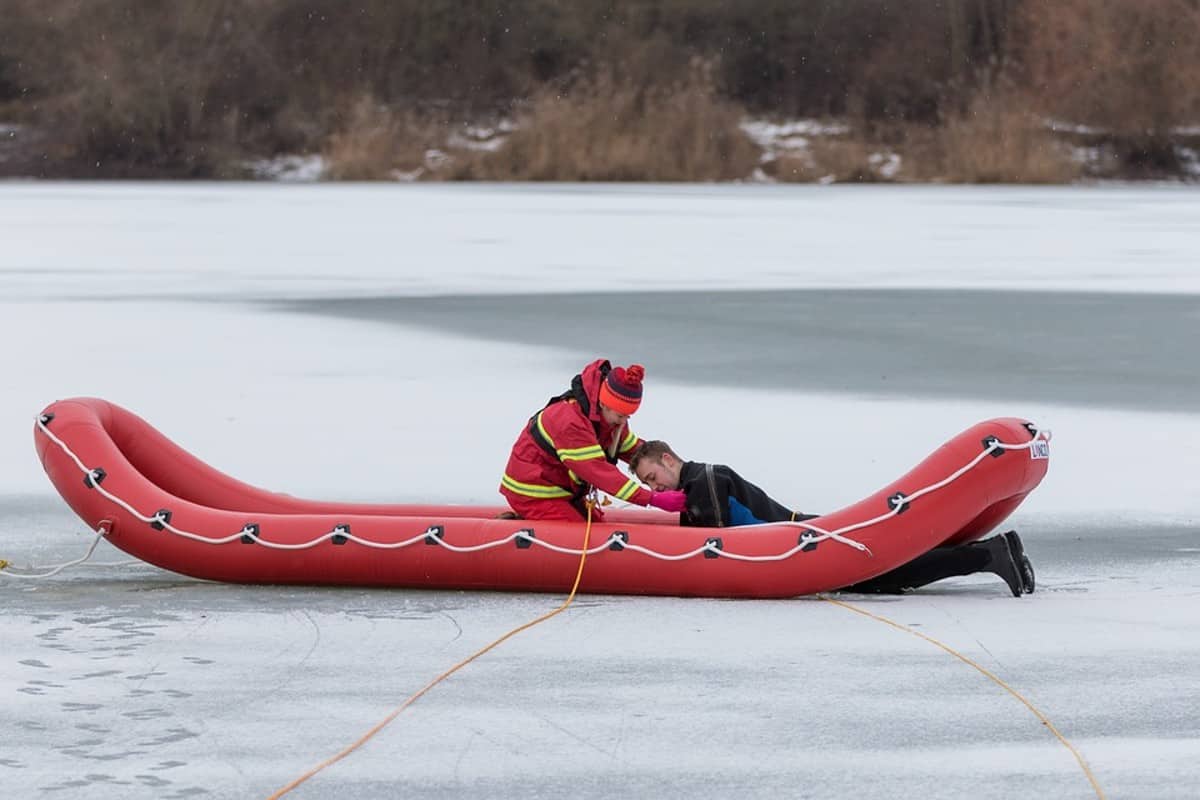
How to Rescue Someone Who’s Fallen Through the Ice
Hands down, safety is the most important thing to remember on the water. And in the cold, this is even more important. Icy cold water kills much quicker than warm water. Unfortunately, most people aren’t aware of just how dangerous it is. The problem stems from how our minds understand temperatures. If the weather says…
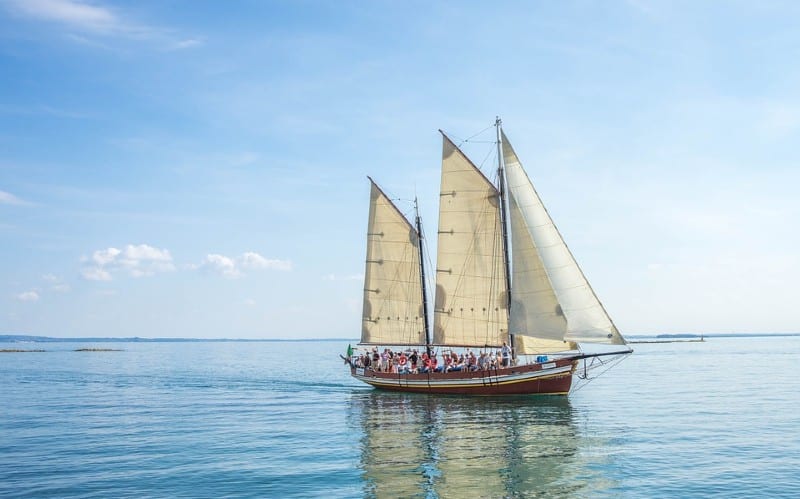
Estimating Time of Arrival
Some people don’t like to live by a schedule. They come and go whenever. Making a plan is often difficult with someone like this. You want to have dinner, and they come over whenever. If you’re serious about boating, this won’t work. You need to understand how to calculate an estimated time of arrival. Also,…
Bridge Procedures
Traveling the inland waterways can be a pleasant experience but can also bring some special challenges especially for larger boats and sailboats. Dealing with draw bridges takes some knowledge of how the system works and knowing what you are looking for, especially at night. Nautical charts only tell you that there is a bridge and…
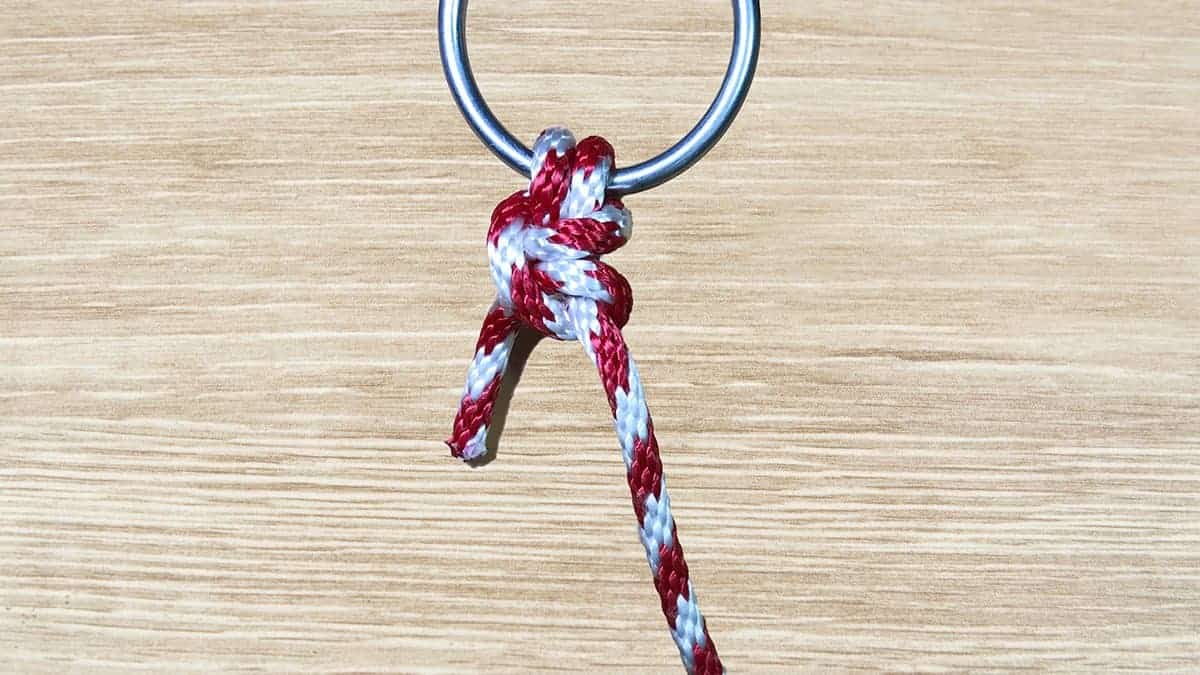
How To Tie An Anchor Bend Knot
Learning how to tie an Anchor Bend Knot is an essential part of boating. If you’ve ever wanted to drop an anchor, you’re going to need to know how to securely fasten that anchor to a line. A regular knot won’t cut it either. Since anchors are responsible for keeping your boat safe and secure,…
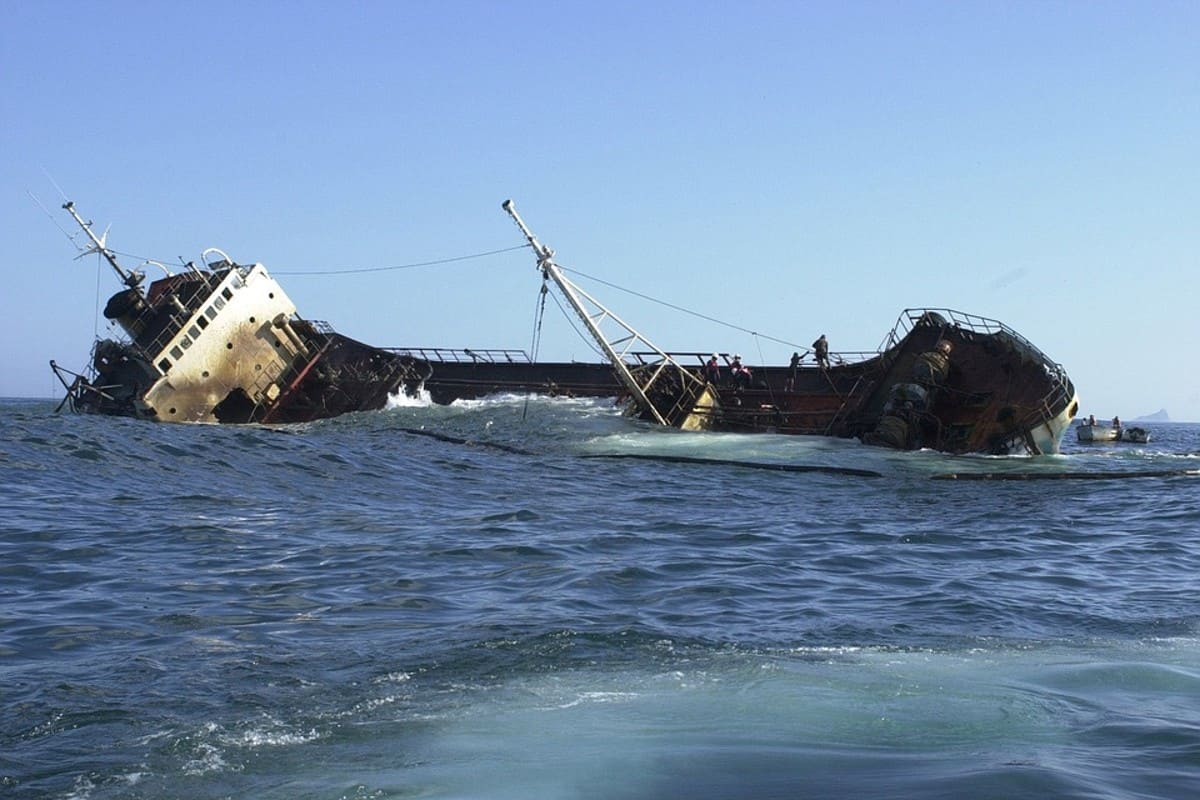
Procedure for Abandoning Ship
The decision to abandon ship can have grave consequences and should never be taken lightly. For that reason, it’s important to keep a clear head and remain calm. The very first step you need to take when you are debating when and how to abandon ship is to consider if it’s truly necessary. This may…
Operating Your Boat in accordance with Homeland Security Measures
In light of security measures brought about by the events of September 11, 2001, it is critical that all boaters be aware of and comply with homeland security measures set forth by federal, state and local governments. These should include, but are not limited to, keeping a safe prescribed distance from military and commercial ships…
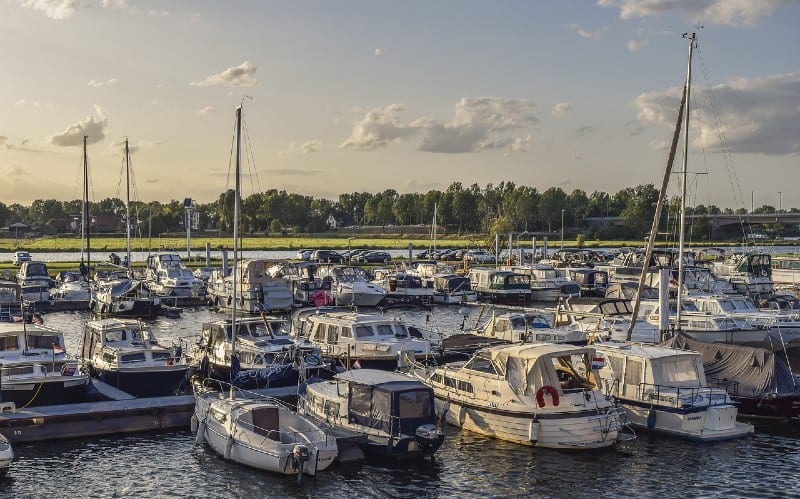
The Basics of Boat Maneuvering
What is the most intimidating part of boating? Some might say the costs, but let’s assume that’s not an issue. Learning how to captain the boat. Maneuvering a boat is not like maneuvering any vehicle on land. It is a completely different process. This can be hard for some boaters to get a hold…

The Basics of Dressing Ship
The nautical term of dressing ship, to dress ship, or dressing overall can be confusing. This ritual is often reserved for military vessels. It can also apply to recreational vessels such as yachts. Even cruise ships may dress ship. It’s a process of decorating a ship for a celebration. You would dress a ship…
Boating in Heavy Weather
Handling a small boat in a storm doesn’t have to be stressful. If you have kept a proper lookout, developed a “weather eye” and monitored the weather on your VHF radio, you should have plenty of time to get prepared. Obviously, the best way to handle rough weather is to get to shore immediately and avoid…
U.S. VHF Marine Radio Channels and Frequencies
When you’re out on the water, it’s essential that you’re familiar with VHF marine radio frequencies and channels. The marine industry specifically uses the VHF frequency range for communication. VHF stands for Very High Frequency, and it’s used for ship-to-ship, ship-to-shore, and even ship-to-aircraft two-way communications. There are plenty of marine channel frequencies, and a…
